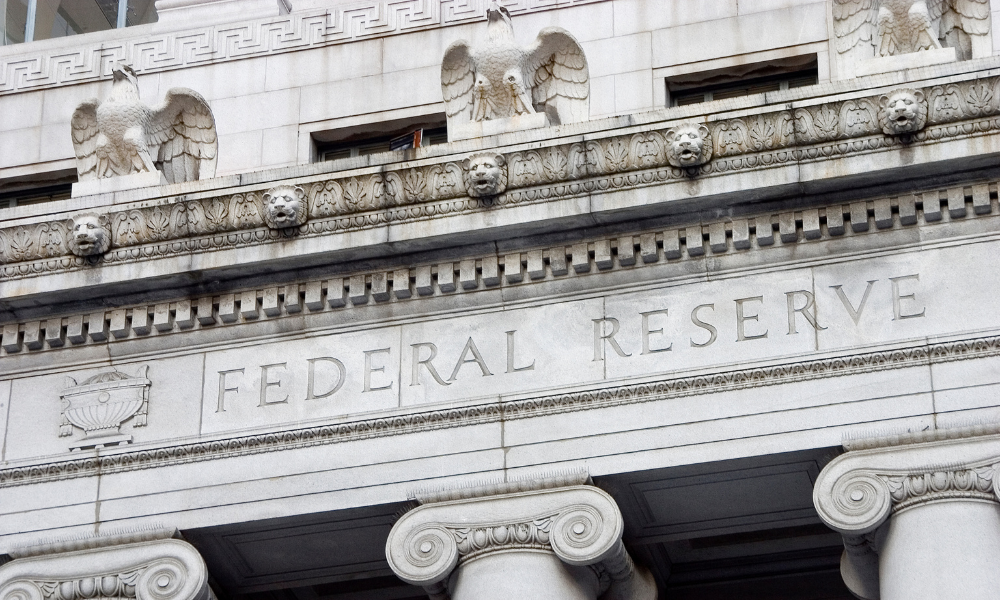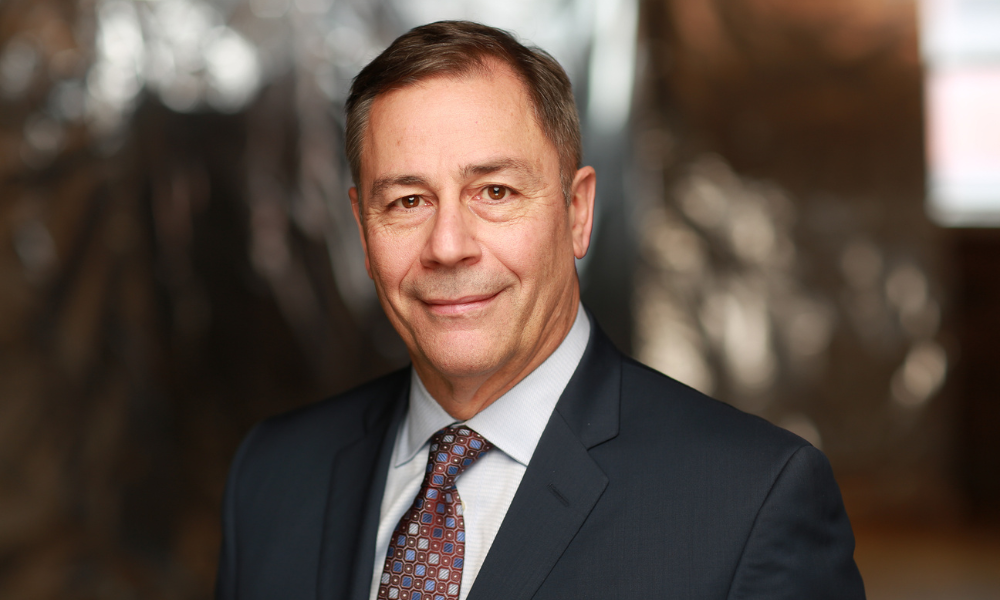The investment was “economically impossible,” says the securities commission, but the fact investors flocked to take part speaks to what little advisors can do to stop them.
Lookout! An advisor allegedly promising B.C. clients 15 per cent returns – each and every month – has industry vets once again highlighting the difficult of protecting clients willingly swayed by promises that don’t pass the smell test.
“Scams prove one thing -- that there is a sucker born every minute,” said Jason Pereira, a senior financial consultant at IPC Investment Corp. “Even the biggest scams in history, like the (Bernie) Madoff scheme were actually very obvious to anyone who looked at it and didn't accept it at face value.
“How many Nigerian princes have emailed you for help moving millions? These emails go out because they sadly work.”
The comments follow a warning from the British Columbia Securities Commission (BCSC) alleged Daniel Fernandez Rojo Filho’s firm, DFRF Enterprises Ltd, was caught offering investments to British Columbians with returns of up to 15 per cent month, something the provincial regulator said was “economically impossible.”
Allegedly, FIlho also promised that DFRF would eventually be listed on the public stock exchange, after which the value of members’ investments would triple within 30 days. As part of his pitch, he led investors to believe that he managed $144-billion in assets, said investor funds are held offshore, and mentioned the company was extracting 10 tons of gold per month from its mining properties in Mali.
Ironically enough, Filho was recently named Brazilian Personality of the Year by FAME Magazine and, in an interview with the publication, said he’s unbothered by accusations from his competitors, adding “my business is going from strong to stronger…”
He may have also tugged on the heartstrings of investors, adding that 25 per cent of the profits would go to social and humanitarian causes, and promised those referring new members would receive 10 per cent commission.
The case sheds light on rules in Canada, which is seen to be lagging behind the U.S. in embracing the idea of imposing fiduciary standards on advisors.
“Unfortunately there is likely nothing that can be done to ever prevent this stuff from happening,” Pereira said. “The sad thing is that I have seen advisors advocate for them on behalf of their clients. That's where is becomes a concern for the Canadian public. That being said, some advisors are just a dangerous combination of gullible and willing to break rules over greed.”
“Scams prove one thing -- that there is a sucker born every minute,” said Jason Pereira, a senior financial consultant at IPC Investment Corp. “Even the biggest scams in history, like the (Bernie) Madoff scheme were actually very obvious to anyone who looked at it and didn't accept it at face value.
“How many Nigerian princes have emailed you for help moving millions? These emails go out because they sadly work.”
The comments follow a warning from the British Columbia Securities Commission (BCSC) alleged Daniel Fernandez Rojo Filho’s firm, DFRF Enterprises Ltd, was caught offering investments to British Columbians with returns of up to 15 per cent month, something the provincial regulator said was “economically impossible.”
Allegedly, FIlho also promised that DFRF would eventually be listed on the public stock exchange, after which the value of members’ investments would triple within 30 days. As part of his pitch, he led investors to believe that he managed $144-billion in assets, said investor funds are held offshore, and mentioned the company was extracting 10 tons of gold per month from its mining properties in Mali.
Ironically enough, Filho was recently named Brazilian Personality of the Year by FAME Magazine and, in an interview with the publication, said he’s unbothered by accusations from his competitors, adding “my business is going from strong to stronger…”
He may have also tugged on the heartstrings of investors, adding that 25 per cent of the profits would go to social and humanitarian causes, and promised those referring new members would receive 10 per cent commission.
The case sheds light on rules in Canada, which is seen to be lagging behind the U.S. in embracing the idea of imposing fiduciary standards on advisors.
“Unfortunately there is likely nothing that can be done to ever prevent this stuff from happening,” Pereira said. “The sad thing is that I have seen advisors advocate for them on behalf of their clients. That's where is becomes a concern for the Canadian public. That being said, some advisors are just a dangerous combination of gullible and willing to break rules over greed.”



